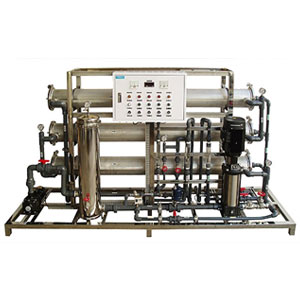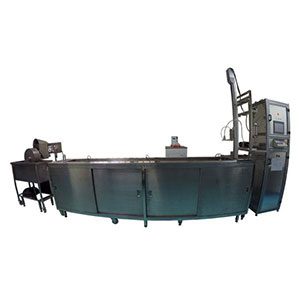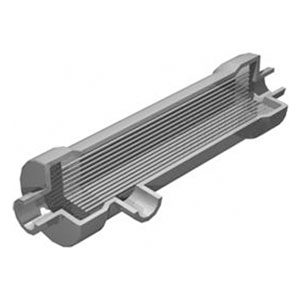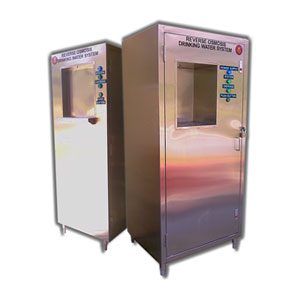Membrane Technology
A membrane is defined as a selective barrier between two fluid phases. The machine that is exhibited is capable of producing hollow fibre membrane that can be used in microfiltration, ultrafiltration, reverse osmosis, gas separation and pervaporation processes. The driving force for transport across the membrane is the chemical potential gradient and the physical structure of the membrane determines the flux and selectivity. The effectiveness of any membrane process is describes in terms of the flux and selectivity.
Advantages
APPLICATION
Advantages
Benefits of Ultrafiltration Hollow Fiber Membranes (inside to outside permeate flow direction)
- Lower energy consumption.
- Reduces capital investment up to 50%.
- Reduces operating cost up to 60%.
- The system is modular and compact.
- The system offers environment-friendly operation.
- The system is shop fabricated and skid-mounted.
- No additional waste products.
- Enhancing selectivity up to 300%,
- Achieving 0.1 – 0.3mm active skin layer,
- Rejection coefficient > 90%, hence helping to minimize global warming problems.
APPLICATION
Others Application:
- Oxygen-Enriched Air.
- CO2 Removal from Natural Gas Stream.
- Nitrogen Production From Air.
- Hydrogen Recovery.
- Water Desalination & Purification.
- Waste Water Treatment.
- Production of Ultra Pure Drinking Water.
- Application in Biotechnology .




